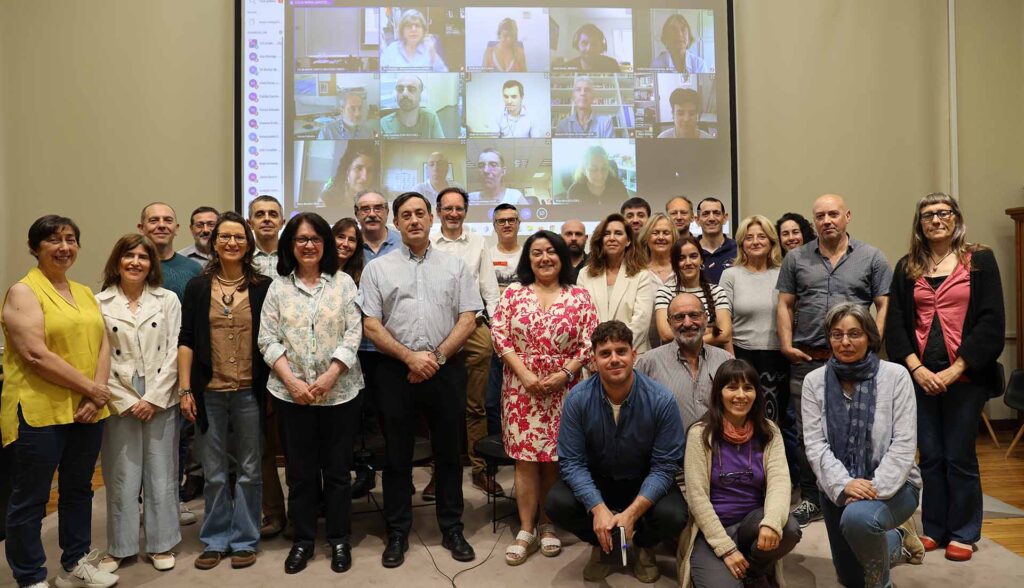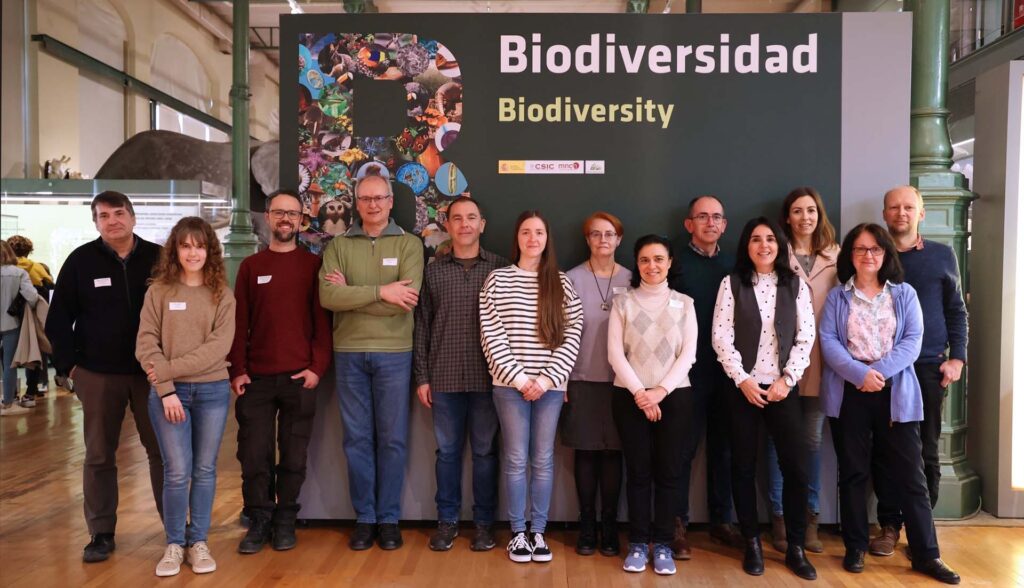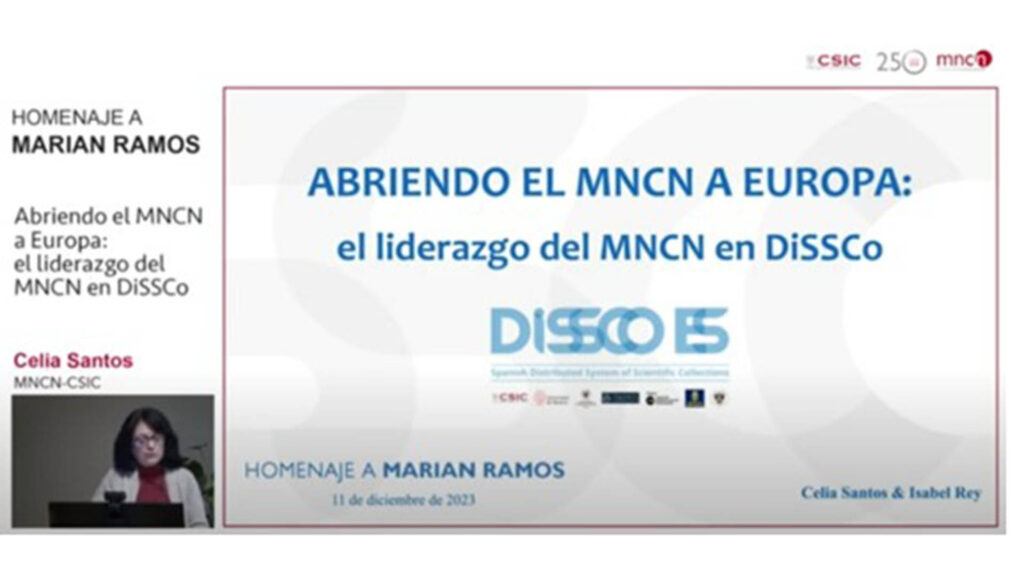In March, Science magazine published a comprehensive study mapping the collections of 73 of the world’s largest museums and herbaria, advocating for the establishment of a global network of natural history collections. The study also highlighted the DiSSCo-EU initiative in this field.
Ignacio Doadrio, Deputy Director of Collections at the Museum of Natural Sciences in Madrid, discussed the importance of scientific collections in today’s world during an interview on the Spanish station Radio Nacional. He emphasized the crucial role that natural history collections play in addressing challenges such as pandemics, climate change, and disasters, shedding light on the extensive knowledge “hidden” within Science Museums’ collections.
Ignacio also outlined the benefits of digitizing natural science collections and its impact on research, museum operations, and the advancement of the curatorial profession. He underscored the importance of financial support, adequate space, organizational structure, and the relevance of curatorial expertise to propel progress in this area.
Collections and Sustainability
Natural history collections serve as critical infrastructure for addressing one of humanity’s most pressing challenges: building a sustainable future for ourselves and the natural systems upon which we rely. Traditionally, institutions hosting collections have operated independently, lacking the capacity to fully address key scientific inquiries related to ecological, evolutionary, and geological processes.
Initiatives like DiSSCo offer a transformative opportunity to create a network of interconnected collections that share data, resources, and protocols. DiSSCo represents the largest formal agreement among natural history museums, botanical gardens, and universities with collections, uniting over 170 natural history collections from 23 European countries.








